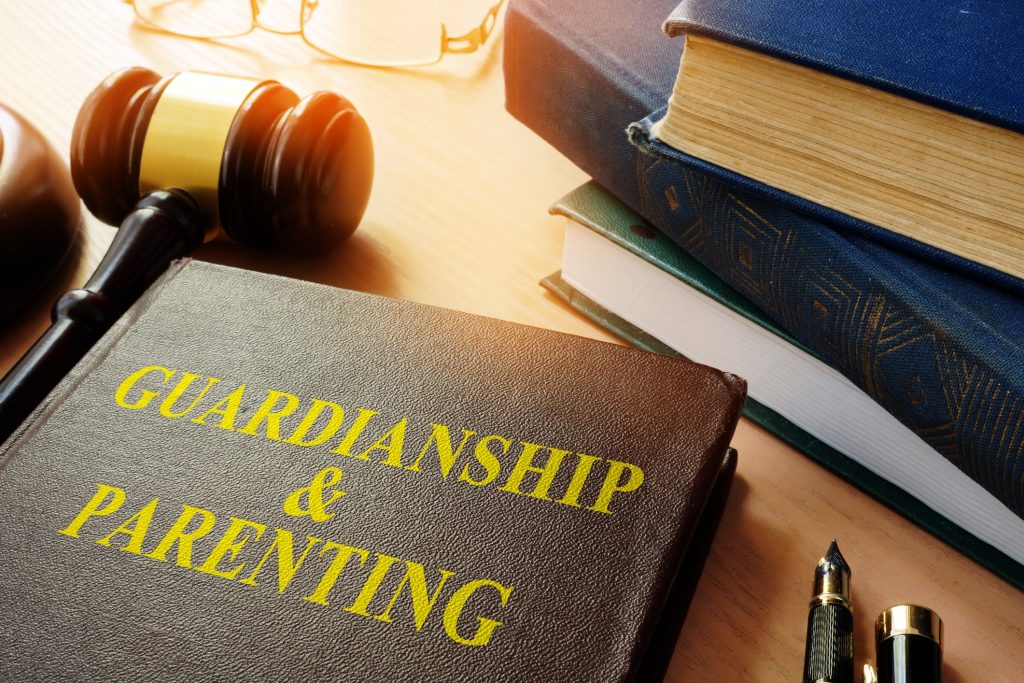Suppose you have a 17-year-old child with a developmental or cognitive disability. Do you need guardianship before they turn 18? Is it OK to wait, or to forego guardianship altogether?
First: what is guardianship?
While your children are minors, you have the authority to make medical and placement decisions for them (we’re ignoring the possibility of divorce court or juvenile court proceedings for the moment). Once each child turns eighteen, though, you lose that automatic power.
You can ask the court to appoint you as guardian for your adult child — but only if the child is “incapacitated.” That term means something different from “disabled.” The court process can be expensive, a little bit overwhelming, and time-consuming. If you live in southern Arizona, you might want to hire a Tucson elder law attorney to complete the guardianship process. That’s what we do.
After an Arizona court appoints you as guardian, you have all the same powers you had over your child while he or she was a minor. That means you can make medical decisions. You can decide where your child lives. Most importantly, you will have access to medical information, agency actions and everything else about your child.
Second: do you need to do this?
We mentioned before that the process is expensive. Is it important to go through it anyway?
Perhaps not. Arizona law gives immediate family members the authority to make medical decisions for an incapacitated person. Most agencies and medical providers will respect that power — at least most of the time.
Why would you not go ahead and get clear legal authority? Did we mention that the process was expensive? It’s also intrusive, and it can be annoying to subject your family dynamics to scrutiny by the court, lawyers and other professionals.
The guardianship process also removes some power and autonomy from your child. He or she may no longer be allowed to vote, to drive, or make any decisions for himself or herself. Will that make a significant difference to him or her? Perhaps.
Let’s suppose that you decide to go ahead. Arizona, like at least some other states, lets you start the process before your child’s 18th birthday. Your parental authority would transition seamlessly to the guardianship.
An illustration of how this might work
In a recent Texas case, family members petitioned for guardianship over their daughter (we’ll call her “Amber” here) just before she turned 18. Amber’s doctor signed a letter indicating that she was completely unable to make her own decisions. The court appointed an attorney to advise Amber; her attorney reported that she wanted the guardianship to be granted.
Amber’s incapacity was pretty clear. Her tested IQ was in the low 50s. She could speak but had a hard time with full sentences. Most of the time she answered “yes” to any question asked. She told her lawyer that she wanted her parents to be able to take care of her.
The Texas court appointed an investigator to evaluate Amber and make a report. The investigator said that Amber was clearly incapacitated, and her parents appropriate. But, reported the investigator, no guardianship was necessary. Amber didn’t need a guardian to assure her care was appropriate, since her parents could help her make decisions without the legal authority.
Person-centered planning
Amber’s court investigator particularly suggested that “person-centered planning” could help her parents engage Amber in decision-making. Texas, as it happens, is unusual in having a state law that particularly endorses the related concept of “supported decision making” as an alternative to guardianship. The court investigator suggested that the guardianship should be denied, and Amber’s rights and liberties protected by implementing a shared decision-making model like person-centered planning.
The probate judge agreed with the court investigator. Without impugning Amber’s parents, their motives or their ability to care for her, the judge denied their guardianship petition. So long as care-taking decisions could be made somehow, and her care needs could be met, Amber did not need guardianship.
Amber’s parents appealed the decision. The Texas Court of Appeals agreed with them, and ordered the probate judge to appoint Amber’s parents as guardians.
The appellate judges ruled that Amber’s disability is complete. She is unable to provide her own food, clothing or shelter without her parents’ assistance. Even if someone very patiently explained the concepts to her, she could not understand a power of attorney, a supported decision-making agreement or any other legal document. That, ruled the court, meant that there was no less-restrictive alternative available. Amber would need guardianship. Guardianship of A.E. (June 14, 2018).
What about Arizona?
Would Amber’s parents prevail in Arizona? Probably.
Texas’ law is among the most progressive in the country. Actual court practices vary (by state and locality), but it seems likely that an Arizona probate judge would agree with Amber’s parents and grant guardianship.
At Fleming & Curti, PLC, we are very supportive of alternatives to guardianship. We hate to see parents spend money when their child might not ever need guardianship. We try very hard to find less-restrictive approaches that preserve the individual’s liberty and autonomy as much as possible.
Parents, though, sometimes feel the need to pursue guardianship — and we do not try to convince them that they are wrong. They might be worried about someone taking financial or even sexual advantage of their child. The child’s disability might make it hard or even impossible to protect them, and the guardianship might help. Sometimes, parents even need guardianship in order to be clearly heard in doctor’s offices and IEP (individualized education program) meetings.
The key, we think, is to discuss the choices with parents as their child nears age 18. We often engage the child in the conversation, as well. If your child has a disability, will he or she need guardianship? There is seldom an easy, always-comfortable answer.




One Response